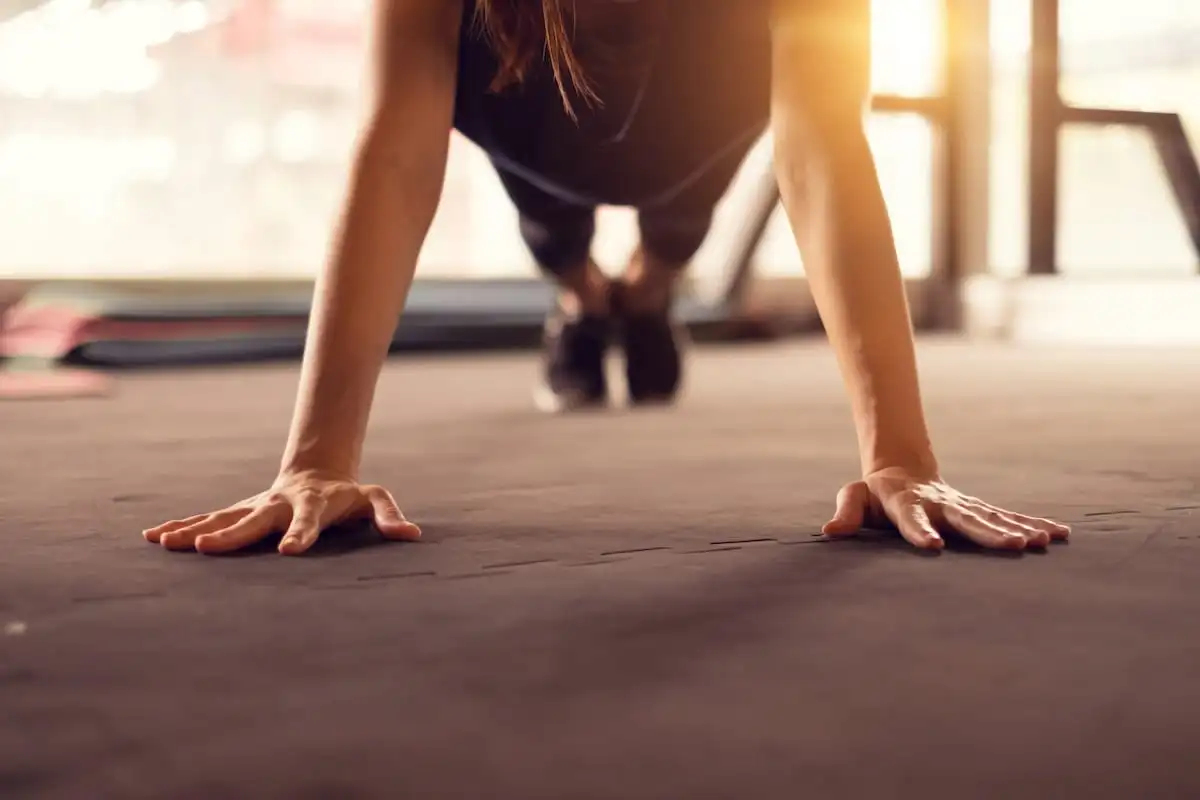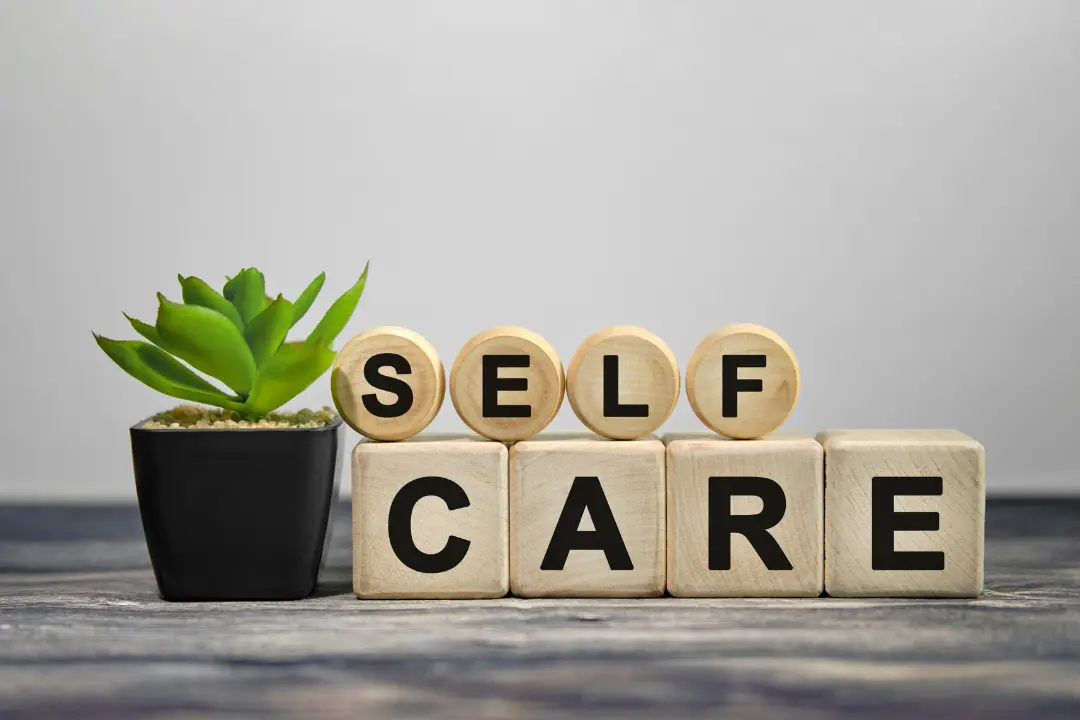Overcoming Post-Move Exhaustion
Post-move exhaustion, a common issue following relocation, can leave you feeling physically and emotionally drained. Royal Sydney Removals acknowledges the stress of moving and offers guidance to manage this exhaustion. By following their expert tips, you can effectively tackle post-move fatigue and resume your routine more quickly.
Get Enough Sleep to Raise Your Energy Levels
The first step to feeling more energised after a move is prioritising rest and recovery. Many people try to immediately jump back into their everyday routines, but this can be a mistake. Because moving is such a stressful experience, giving yourself plenty of downtime afterwards is crucial. It is crucial to take breaks from work. During this time, you should sleep, recharge, and rest. Pay close attention to your body and obtain as much rest as you need.
Maintaining a healthy diet is crucial to feeling your best after post-moving exhaustion. Eat plenty of fresh produce, healthy grains, and lean proteins. To avoid feeling sluggish and exhausted, avoid processed foods because you will only feel tired. Eating healthy food will help the body recover faster and boost your immune system. Remember to drink plenty of water as well. Maintain your stamina and vitality by chugging water often throughout the day.


Exercise to Combat Difficulty Falling Asleep
Though it may be the last thing on your mind, exercising is a great way to pick yourself up emotionally and physically from post-relocation fatigue. Endorphins are released through physical activity, lifting your mood and perking you up. Walking and yoga are great places to start, and you may work up to more rigorous exercises. Better sleep is another side effect of activity that might aid healing. Getting a good night’s sleep does wonders for the immune system. Doing these exercises can help you fall asleep much faster since an active lifestyle gives restful sleep.
Spending time outdoors has been proven beneficial to health and happiness. Explore your new surroundings on foot, visit a nearby park, or relax in the open air.
Going outdoors in the sunshine can significantly improve your mood and boost your energy. Consider taking a day trip to a nearby landmark or scenic spot if you feel like escaping from your routine.
Practice Self-Care
It is essential to prioritise self-care to feel rejuvenated and energised after moving. This means finding time each day to do something that brings you joy and helps to calm your mind. Engage in activities that bring you joy and help you unwind, such as enjoying a leisurely bath, reading a captivating book, or listening to calming music. Prioritise activities that make you feel content and relaxed.
Disorganisation can lead to increased stress and fatigue, so it’s important to prioritise organisation for your emotional well-being after a move. Spend some time unpacking and arranging your things in a way that makes sense, and don’t hurry to get everything done; otherwise, you will feel exhausted and be more vulnerable to moving fatigue. This could mean investing in storage solutions, labelling boxes, or creating a home inventory. Whatever method you choose, having a system to keep your new house neat and stress-free is essential.


Connect with Others
Moving can be isolating, so staying connected with friends and family after a move is essential. Consider joining a local club or organisation, volunteering in your community, or simply reaching out to old friends to relieve moving stress and maintain a positive outlook. Making new friends is a great way to feel more comfortable in your new environment, raise your energy, and improve your mood by making everyday life more comfortable.
A trained therapist can help you cope with the emotional stress of relocating and provide practical strategies for dealing with exhaustion. Cognitive-behavioural therapy and other types of counselling can be very helpful in managing post-move fatigue. Speaking with a therapist or counsellor can be beneficial if you’re struggling to adjust to a new environment or feeling stressed. Collaborating with a mental health professional is crucial in rejuvenation, productivity, and preparation for what lies ahead.
Take Breaks When you Need to
Remember that settling back in after a significant relocation will take some time. Don’t overextend yourself or expect too much of yourself too soon. Get some rest if you feel like you need it. Pay attention to your needs and put your health first, especially when you feel drained or cannot sleep a whole night. Allow yourself space and time to recover before tackling new projects or taking on more responsibilities. Remember that it’s okay to prioritise rest and recovery – it’s essential for your health and happiness.
Creating a routine can help establish a sense of normalcy in your new home. Routines help us feel more comfortable and secure and can even help improve our sleep patterns.
Whether it’s a morning routine, an evening routine, or a weekly routine, it’s essential to take the time to find what works best for you and stick to it. Maintaining some semblance of regularity and order in your new life can be achieved by sticking as closely as possible to your established schedule.


Practice Mindfulness
Practising mindfulness might help you feel less overwhelmed by the transition to your new home and give you more energy to enjoy life there. Practising mindfulness means paying attention to the here and now instead of dwelling on the past or the future.
Meditation, yoga, or even taking a few deep breaths when feeling overwhelmed are all great ways to practice mindfulness. Being mindful of the here and now has been shown to positively affect one’s state of mind and physical well-being.
Embrace Being a Tourist in Your New City
The excitement and anxiety of relocating to a new city go hand in hand. Enjoy the experience of being a tourist in your new location by getting out and seeing as much as possible.
Check out local attractions, try new restaurants, or walk around your new neighbourhood. By embracing new experiences and leaving your comfort zone, you can boost your mood and energy levels and start feeling more at home in your new city.
After a big transition like moving, pausing and recognising your success is crucial. It’s easy to get overwhelmed by the moving process because it’s such a significant life change.
Now that you’ve moved into your new house, it’s worth pausing to appreciate how far you’ve come. Recognise and honour your progress, no matter how incremental it may appear.


Give Yourself Time to Adjust
Getting used to a new neighbourhood and city can be challenging. Don’t expect to feel perfectly settled in right away – it’s normal to feel slightly disoriented and overwhelmed at first.
Be kind to yourself while you adjust to your new circumstances, and give yourself plenty of time to settle in. With time and patience, you’ll get over post moving exhaustion and start feeling more at home in your new life and more energised and rejuvenated than ever before.
Conclusion
While moving into a new house is exciting and wonderful, the process may be stressful and time-consuming. Hiring a professional moving company like Royal Sydney Removals to handle your next move can help remove much stress and make your transition smoother and more enjoyable. With our help, you can move in quickly, feel energised, and ready to explore your new home and spare yourself of the dreaded post-moving fatigue. Following the advice above, you can make it through the transition time with renewed vigour and excitement.
So don’t wait—start planning your move today, and get ready to embrace a new life full of energy and excitement. You won’t regret it!



